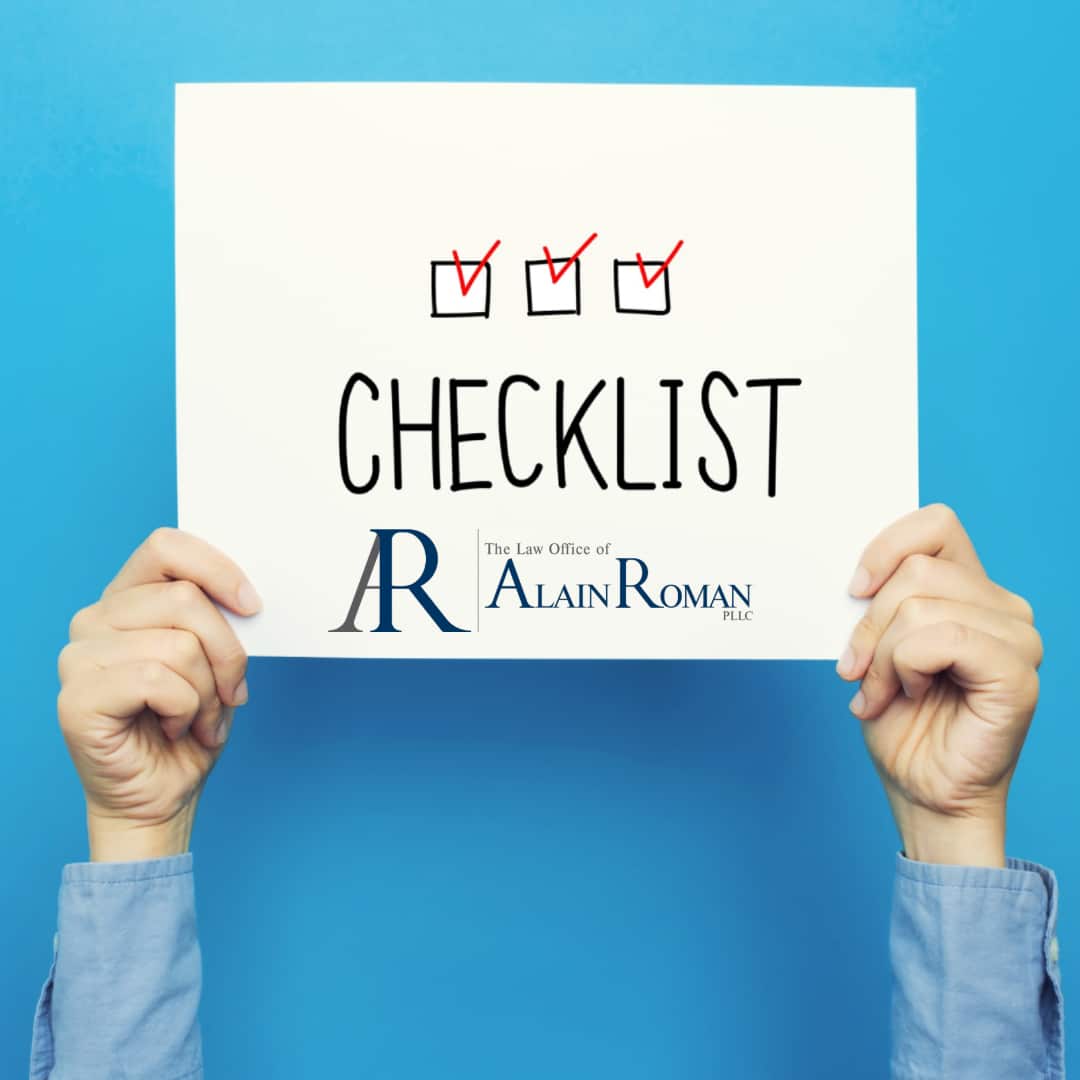When creating your list of assets, if you have assets that will not pass by operation of law, meaning assets that are titled under your name individually and without a beneficiary designation, then a revocable living trust is a must document to have.
A revocable living trust allows you to change the title of the asset, from your name individually to the title of the trust.
Every trust must have a trustee. A trustee is an individual who administers the trust. During your life, you will likely be your own trustee and administer the trust yourself.
When changing the title to the asset, it will be changed for example from John Doe to John Doe, as Trustee of the John Doe Revocable Living Trust, and the date it was created.
The result of this title change is that if you were to pass away, then the property will not be titled under your name individually, but in the name of the trust, effectively avoiding probate court.
Upon your incapacity or death, then you may designate a successor trustee to administer the trust on your behalf based on the provisions within your trust.
If you become incapacitated and all your assets are titled in the trust name, then you can also effectively avoid guardianship court and the appointment of a guardian of the property to handle your assets.
Aside from avoiding probate and guardianship court, the revocable living trust allows you to defer the distribution of your assets. This is specially useful if you have minor beneficiaries at death. You can defer making distributions until your minor children become adults, or until a later age.
Before you pass away, the revocable living trust can be changed at any moment. However, at death, the trust becomes irrevocable and no longer can be changed unless with court approval. This is not entirely a bad thing, because we can place protections in place to protect your beneficiaries in the case they have creditors.
During your life, a revocable living trust does not provide you any asset protection, only your beneficiaries can be protected at death.

